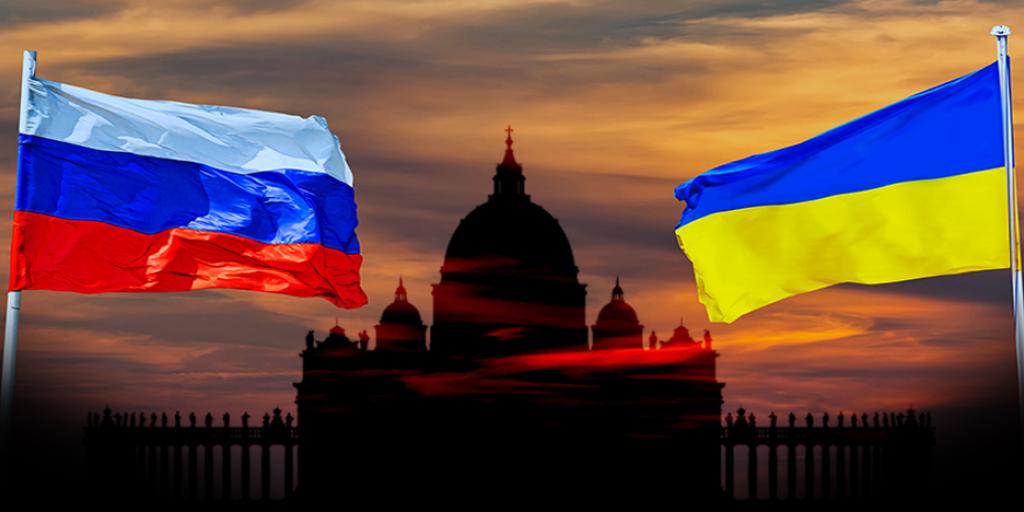
Pope Leo the Mediator?
Recent developments with the Russo-Ukrainian war have created an opportunity for a new mediator of the conflict. “Pope Leo XIV… has signaled that the Vatican might be willing to mediate. This was further reinforced by Italy’s head of government, Giorgia Meloni, who announced on the social media platform X on May 20 that she had ‘spoken by phone with the Holy Father about the next steps that need to be taken to build a just and lasting peace in Ukraine.’” American President Donald Trump and “some European heads of state” had requested that Meloni “assess the Holy See’s willingness” to host peace talks in the Vatican between Russia and Ukraine, and Pope Leo confirmed that he is willing to do so (Deutsche Welle, May 25, 2025).
Russia, however, is not keen on this. “Russian Foreign Minister Sergei Lavrov criticised the idea, saying that it would be ‘a bit inelegant for Orthodox countries to use a Catholic platform’” for such talks (Euro News, May 27, 2025).
Bible prophecy tells us that a church with ties to ancient Rome, depicted in Revelation 17 as a harlot riding a great beast, will be a key diplomatic player in geopolitics as the return of Jesus Christ approaches. It is interesting to note that this year is the 1,700-year anniversary of the Council of Nicaea, held in AD 325 and considered the “First Ecumenical Council.” Pope Leo XIV, head of the Roman Catholic Church, and Bartholomew of Constantinople, head of the Eastern Orthodox Church, plan to meet in Nicaea in November to commemorate the event (Orthodox Observer News, May 19, 2025). Leo’s election has excited many about the possibility of a more unified Catholic Church—which would certainly allow him to play a more powerful role in geopolitical affairs. To learn more, you can watch our telecast “Behold, a White Horse.”



